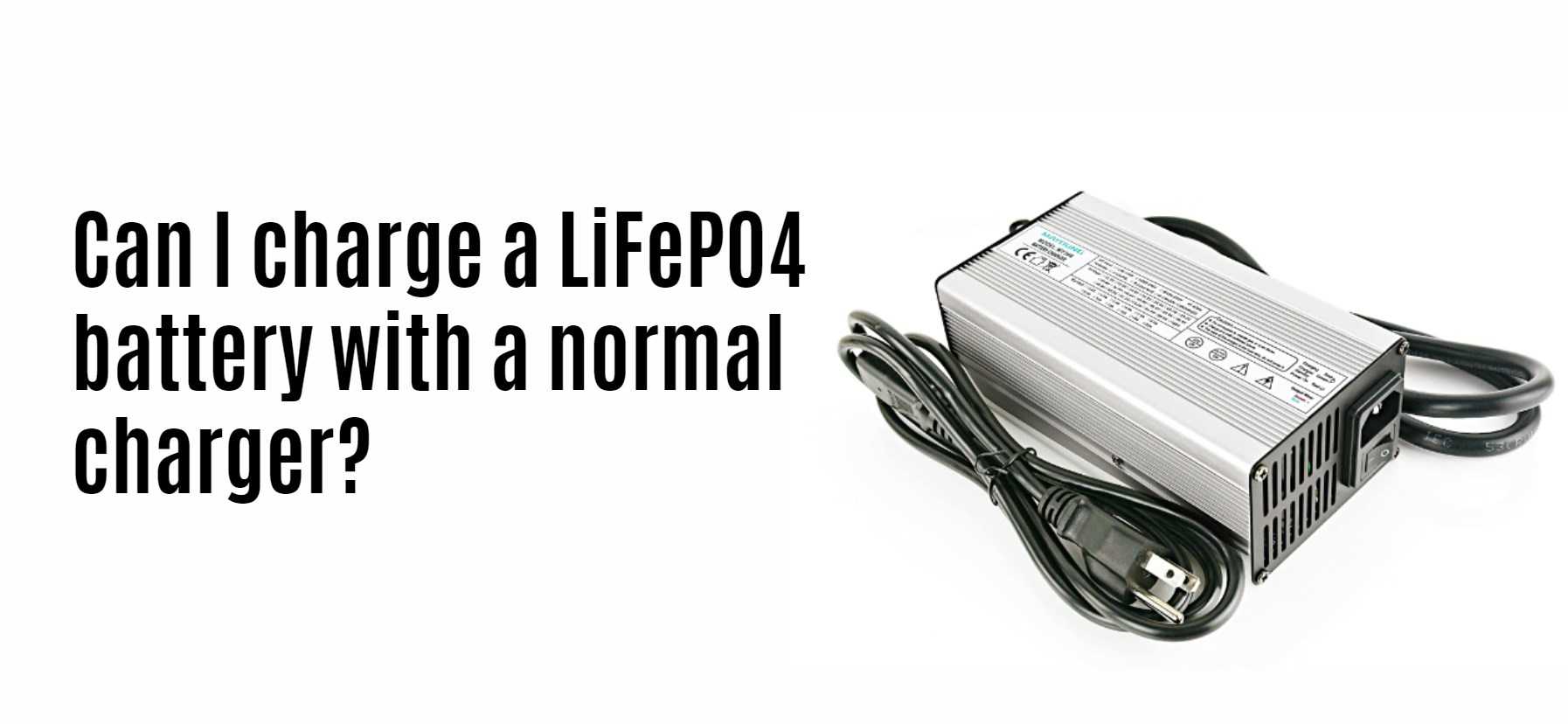Charging a Lithium Iron Phosphate (LiFePO4) battery correctly is crucial for ensuring its longevity, safety, and performance. With the growing popularity of LiFePO4 batteries in various applications—such as electric vehicles, solar energy storage, and portable electronics—many users wonder whether they can use a standard charger designed for other types of batteries. In this article, we will explore the implications of charging a LiFePO4 battery with a normal charger, the specific requirements for charging these batteries, and best practices to follow.
1. Understanding LiFePO4 Battery Charging Requirements
1.1 What is a LiFePO4 Battery?
LiFePO4 batteries are a type of lithium-ion battery that uses lithium iron phosphate as the cathode material. They are known for their:
Wholesale lithium golf cart batteries with 10-year life? Check here.
-
Safety: Lower risk of thermal runaway compared to other lithium-ion chemistries.
-
Longevity: Typically offer a cycle life of 2000 to 5000 cycles.
-
Environmental Friendliness: Less toxic materials make them more eco-friendly.
1.2 Charging Characteristics
To maximize the performance and lifespan of LiFePO4 batteries, it is essential to adhere to specific charging characteristics:
Want OEM lithium forklift batteries at wholesale prices? Check here.
- Nominal Voltage: Approximately 3.2 to 3.3 volts per cell.
- Full Charge Voltage: Typically between 3.6 and 3.65 volts per cell.
- Recommended Charging Current: Generally between 0.5C and 1C, where C represents the battery’s capacity in amp-hours (Ah).
2. Can You Use a Normal Charger?
2.1 Compatibility Issues
Using a standard charger designed for lead-acid or other lithium-ion batteries can lead to several issues:
-
Voltage Mismatch: Most standard chargers do not provide the precise voltage required for LiFePO4 batteries, which can result in undercharging or overcharging.
-
Charging Profile: Standard chargers typically follow different charging profiles that may not be suitable for LiFePO4 chemistry.
2.2 Risks of Using an Incompatible Charger
Using an incompatible charger can pose several risks:
- Overcharging: This can lead to excessive heat generation, potentially causing thermal runaway and damaging the battery.
- Reduced Lifespan: Consistent use of incorrect charging methods can significantly shorten the battery’s lifespan.
- Safety Hazards: Increased risk of fire or explosion if the battery overheats due to improper charging.

3. Recommended Charging Solutions for LiFePO4 Batteries
3.1 Dedicated LiFePO4 Chargers
For optimal performance, it is advisable to use chargers specifically designed for LiFePO4 batteries:
-
These chargers provide the correct voltage and current levels tailored to this battery chemistry.
-
They often include built-in safety features such as over-voltage protection and temperature monitoring.
3.2 Smart Chargers with Battery Management Systems (BMS)
Investing in smart chargers equipped with Battery Management Systems (BMS) can further enhance safety and efficiency:
- A BMS monitors individual cell voltages and temperatures, ensuring balanced charging across all cells.
- Smart chargers can communicate with the BMS to optimize charging cycles based on real-time data.
| Charger Type | Features | Suitability |
|---|---|---|
| Standard Charger | Basic voltage output | Not suitable for LiFePO4 |
| Dedicated LiFePO4 Charger | Correct voltage/current | Ideal for LiFePO4 |
| Smart Charger with BMS | Real-time monitoring | Highly recommended |
4. Best Practices for Charging LiFePO4 Batteries
4.1 Follow Manufacturer Guidelines
Always adhere to manufacturer specifications regarding charging:
-
Check the user manual for recommended voltage and current settings.
4.2 Monitor Charging Conditions
Regularly monitor your charging environment:
-
Ensure adequate ventilation during charging to dissipate heat.
-
Avoid exposing the battery to extreme temperatures during operation.
4.3 Regular Inspections
Conduct regular inspections of your battery system:
- Look for signs of wear or damage on terminals and cables.
- Clean any corrosion promptly using a mixture of baking soda and water.
5. Latest Developments in Lithium Battery Technology
Recent advancements in lithium battery technology continue to enhance performance and safety features:
- Innovations such as smart battery management systems (BMS) allow users better monitoring capabilities.
- Research into solid-state batteries promises increased energy density and improved safety characteristics in future models.
6. Frequently Asked Questions (FAQs)
6.1 Can I charge my LiFePO4 battery using a regular lithium charger?
It is not recommended; always use a charger specifically designed for LiFePO4 batteries.
6.2 What happens if I overcharge my LiFePO4 battery?
Overcharging can lead to overheating, reduced capacity, or even thermal runaway.
6.3 How do I know if my charger is compatible with my LiFePO4 battery?
Check the specifications on both the charger and battery; ensure that voltage and current ratings match.
7. Conclusion
In conclusion, while it may be tempting to use a normal charger for your Lithium Iron Phosphate (LiFePO4) battery, doing so poses significant risks that can compromise safety and performance. To ensure optimal operation and longevity, it is essential to use dedicated chargers designed specifically for LiFePO4 technology. By adhering to proper charging practices and utilizing suitable equipment, users can maximize their investment in energy storage solutions.At Redway Battery, we specialize in manufacturing high-quality Lithium LiFePO4 solutions tailored to meet diverse customer needs worldwide. With our extensive experience in this field, we provide custom solutions quickly for wholesale and OEM customers. For a quick quote or more information about our products, please contact us today!







